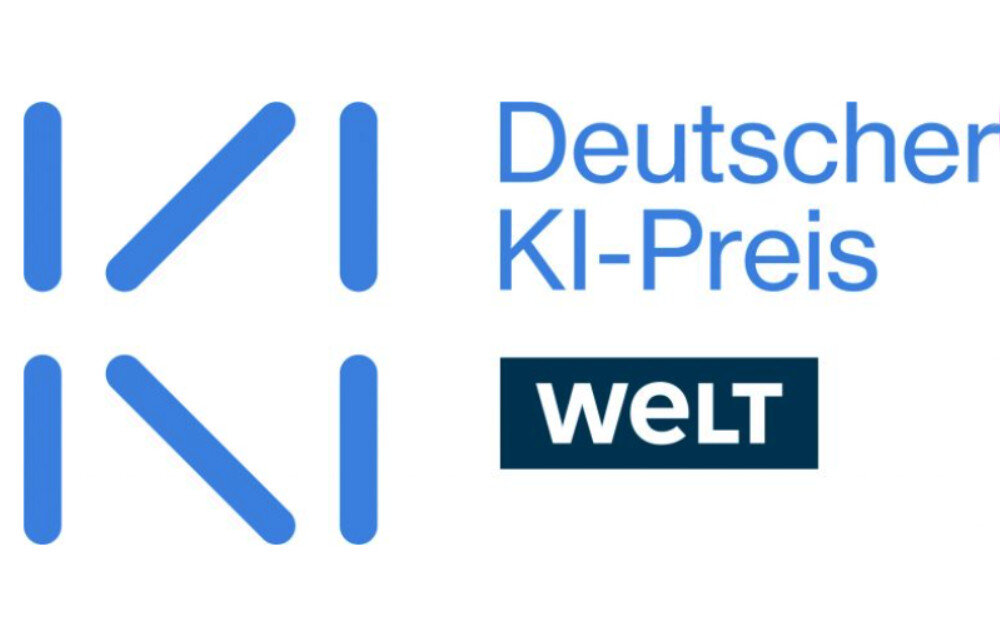News Archive

Press release of the State Chancellery of Saarland The [...]

Equipping computers with world knowledge has been a dream of artificial intelligence for decades, thought to be unattainable. Until the mid-2000s, knowledge bases were constructed manually, so they were very limited in their content coverage. With the YAGO project, Weikum and his team made a breakthrough in algorithmically building large knowledge bases about people, places, products and other entities in a scalable way. The YAGO knowledge base became a groundbreaking proof-of-concept that demonstrated [...]

Software developers spend a large part of their working time reading into existing programs and program code. Anyone who wants to know what goes on in his or her brain during this process can now take part in a joint study by Saarland University, the Leibniz Institute for Neurobiology, Chemnitz University of Technology and the German Research Center for Artificial Intelligence (DFKI).

In his bachelor thesis, computer science student Jasper Slusallek deals with one of the most important problems in computer science: How can certain small structures be found as quickly as possible in large networks? For this he has been awarded the “Outstanding Undergraduate Thesis Award” at the “International Student Awards 2021” of the “Vienna Center for Logic and Algorithms”. The prize is awarded worldwide for outstanding bachelor’s and master’s theses in the field of theoretical computer science.

A news release from the German Research Center for Artificial Intelligence: [...]

Ralf Jung, a doctoral student of Saarland University and now postdoc at the Max Planck Institute for Software Systems in Saarbrücken, has made a significant contribution to the safety of the ‘Rust’ programming language. The new and increasingly popular programming language is widely used from small startups to the world’s largest technology corporations to develop operating systems, web browsers and other safety-critical applications. For his doctoral thesis, in which Jung established [...]

Computer science professor Jörg Hoffmann has been appointed Fellow of the “European Association for Artificial Intelligence” (EurAI). With this, EurAI honors his outstanding and lasting contributions to the research field of artificial intelligence in Europe. The decisive factor for the award was his research in the field of AI planning.

Many patients who have survived a severe COVID-19 infection suffer from neurological abnormalities, such as impaired speech, memory loss or depression. So far little is known about what impact the coronavirus has on the human brain. A team of researchers from Saarland University and Stanford University has discovered that in patients with severe COVID-19, the SARS-CoV-2 virus can activate immune and barrier cells in the brain. The gene expression patterns found by the research team exhibit features [...]

Cybersecurity is a topic that concerns everyone. People manage their health and banking data via the Internet, critical infrastructures such as the energy supply are controlled by computer systems, and administrations at all levels are networked with each other. All these applications heavily rely on IT security. The demand for experts who act competently in this area is therefore greater than ever before. To accommodate this, Saarland University is launching “Cybersecurity”, a new English-language [...]

In the 2021/2022 winter semester, Saarland University will launch two new bachelor’s degree courses that will be taught entirely in English: computer science and cybersecurity. This makes it the first state university in Germany to offer English-language bachelor’s degree courses in the field of computer science. The move boosts the international profile of Saarland University and makes it even more attractive to students from both Germany and abroad.

Many safety-critical areas of our lives are being controlled by computer systems: from airbag controls in cars and landing gear on airplanes to essential infrastructure such as energy supply and telecommunications. But are these systems reliable? Computer science professor Jan Reineke of Saarland University thinks not – because a crucial component of today’s computer systems renders the development of safe and secure IT applications impossible at a fundamental level. To change this and [...]

Computers answer questions, have conversations or advise customers on their problems. More and more IT applications are relying on structured knowledge. For this, the information has to be organized in a way that a computer can process – in so-called knowledge bases. These knowledge bases are the field of expertise of computer scientist Simon Razniewski, researcher at the Saarbrücken Max-Planck-Institute for Informatics. He is the first to develop a method for adding a crucial, previously [...]

During this year’s digital kickoff event, the Computer Science Student Council presented its “Busy Beaver” award for the first time since the start of the Corona Pandemic. The award is given to lecturers in the department of Computer Science who have distinguished themselves through their teaching.

Microphones and cameras are everywhere today: in smartphones, laptops, even in refrigerators and televisions. Many people are now used to these ‚sensing devices’. As a result, they are no longer seen for what they actually are – ubiquitous eyes and ears. A team of computer scientists from Saarland University is using anthropomorphic design to critically question this sensory technology that has become part of everyday life. With ‘Eyecam’ they now present the prototype of a webcam modeled on the human eye.

A computer science master’s student at Saarland University shows in his thesis how to produce high-quality fine art printings using commonly available inkjet printers. To achieve this, he has developed an algorithm that can analyze and reproduce a painting down to its optical fingerprint.
1314151617 ...
27»
